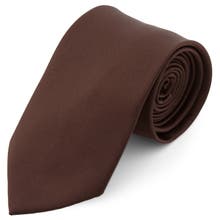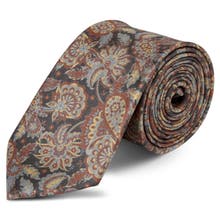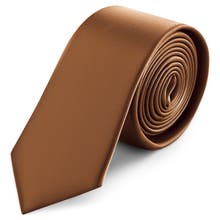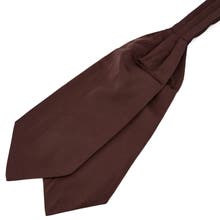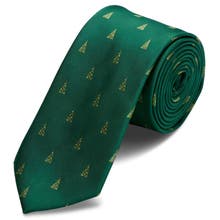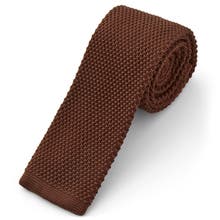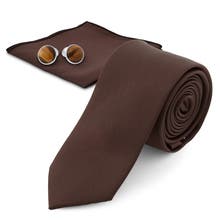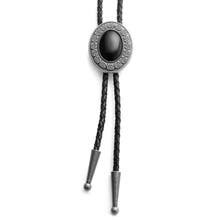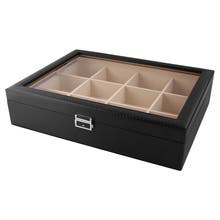Men's ties
743 products
743 products
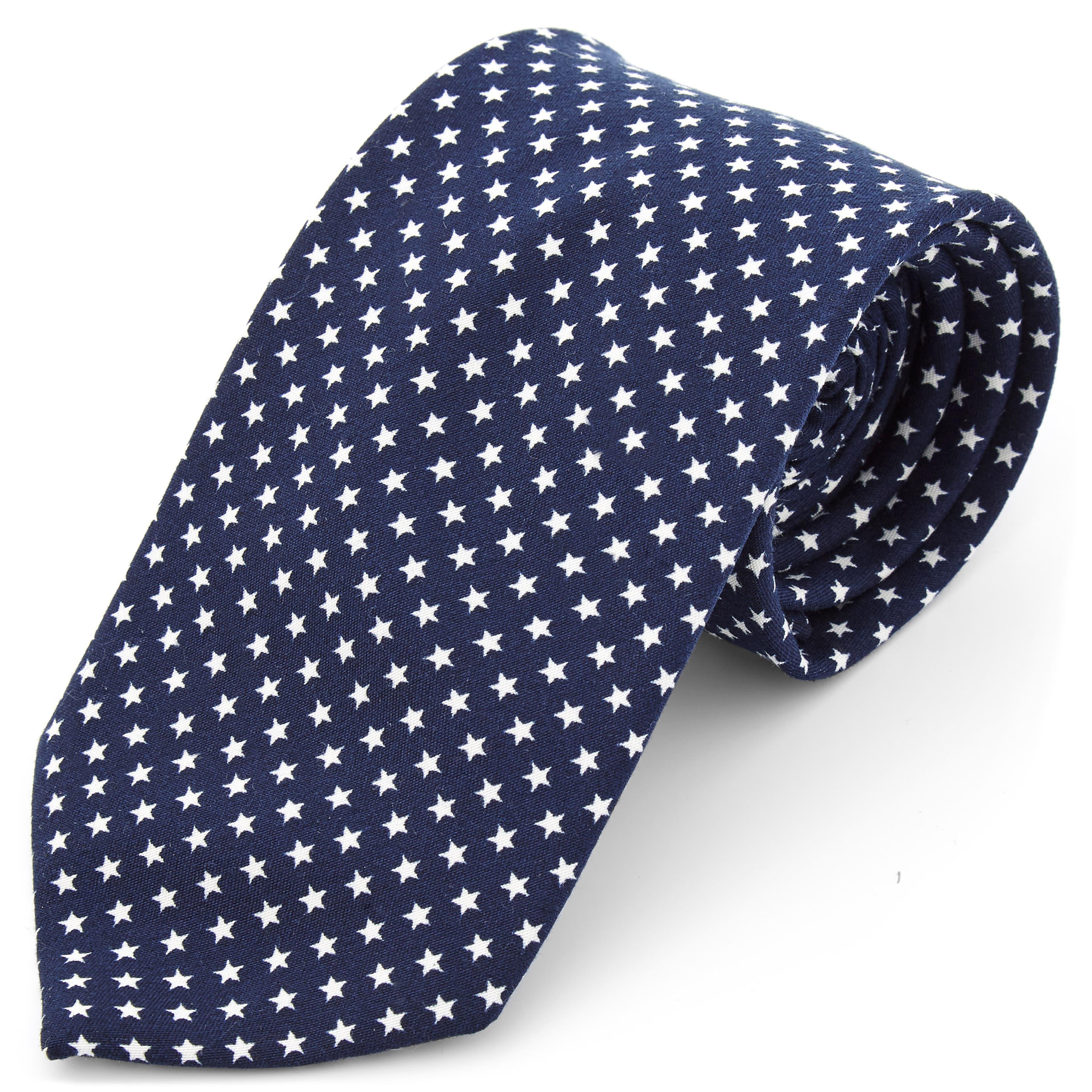
Navy Stars Polyester Wide Tie

SGD 49.90
SGD 44.41
Tailor Toki
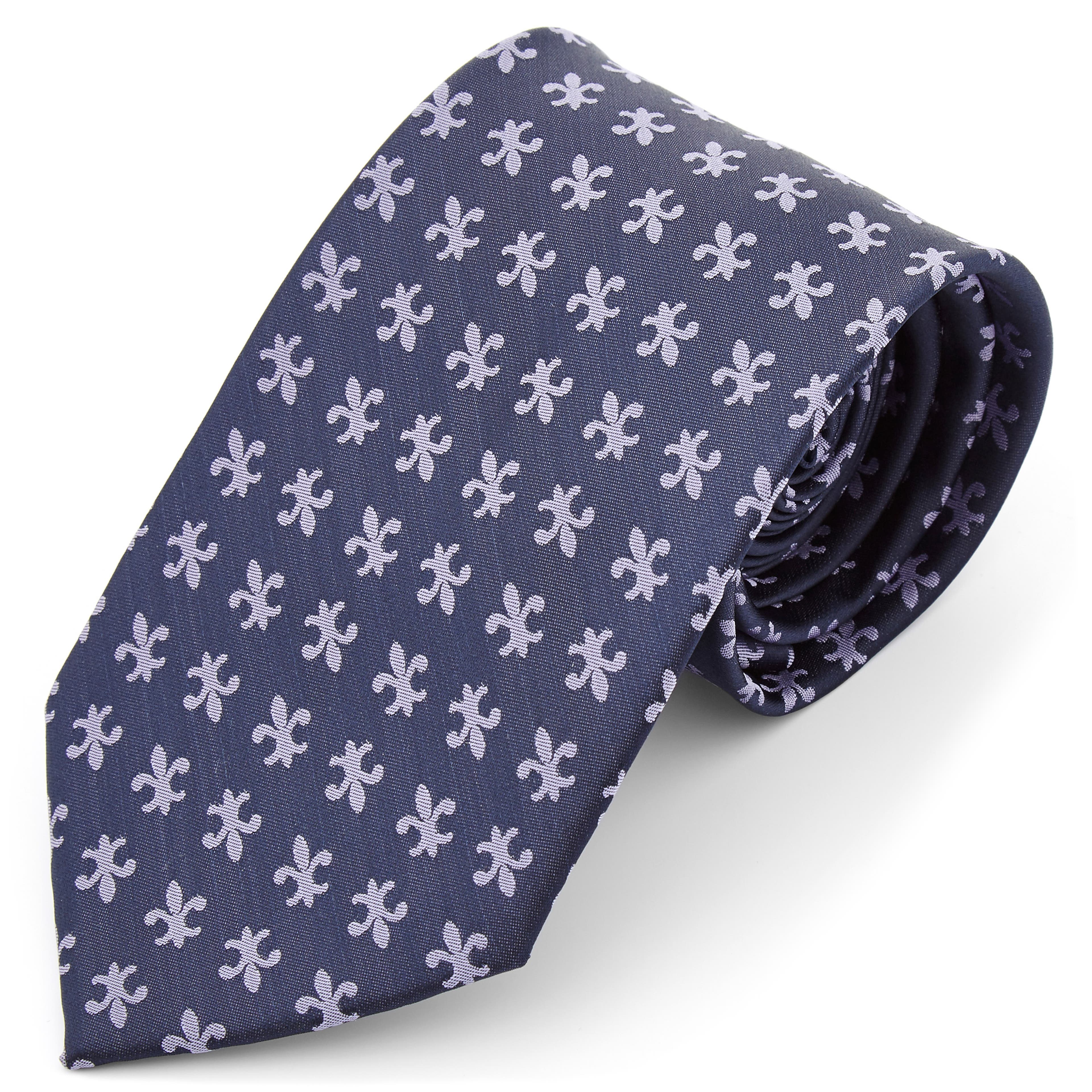
Navy Fleur-De-Lis Polyester Wide Tie

SGD 49.90
SGD 44.41
Tailor Toki
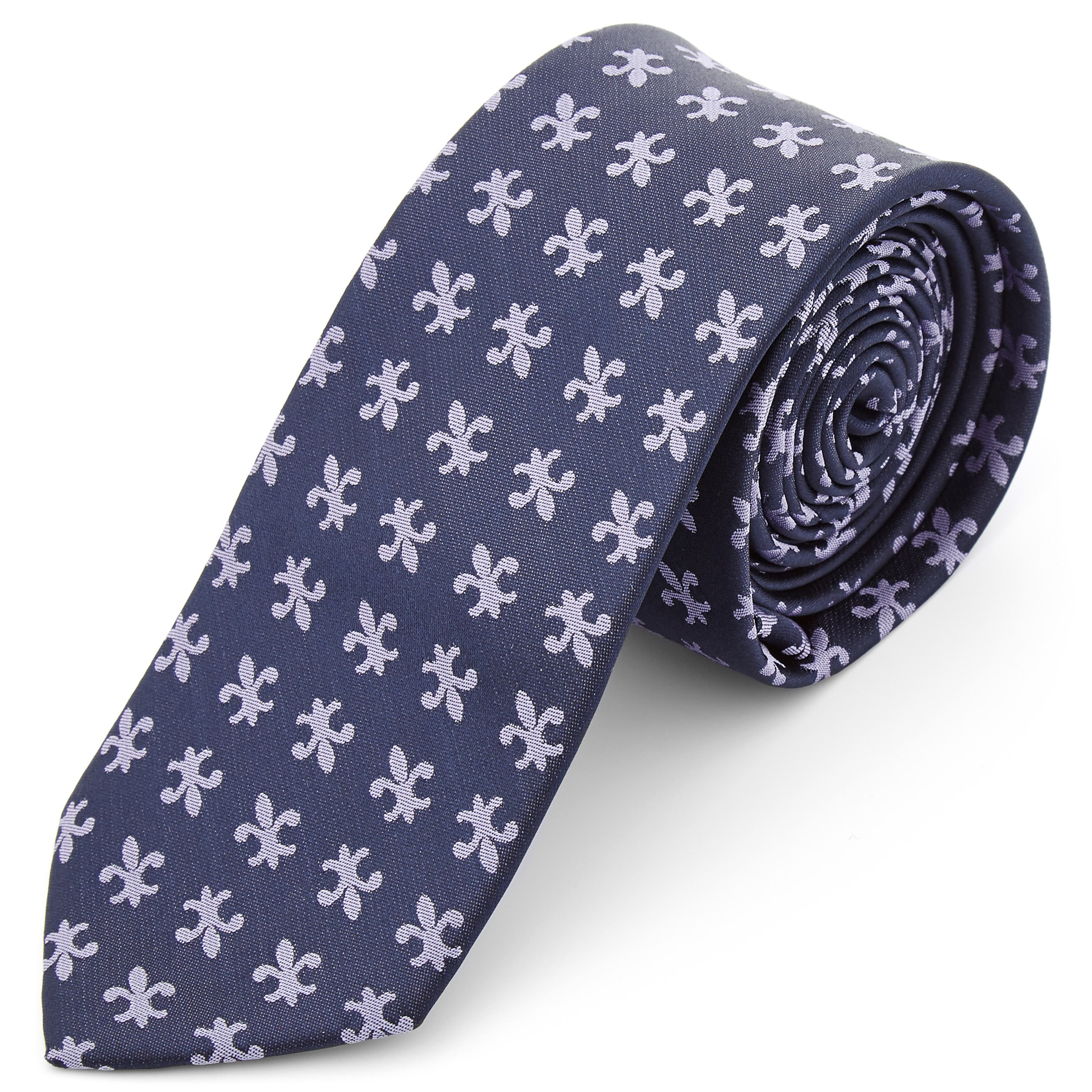
Navy Fleur-De-Lis Polyester Tie

SGD 44.90
SGD 39.96
Tailor Toki
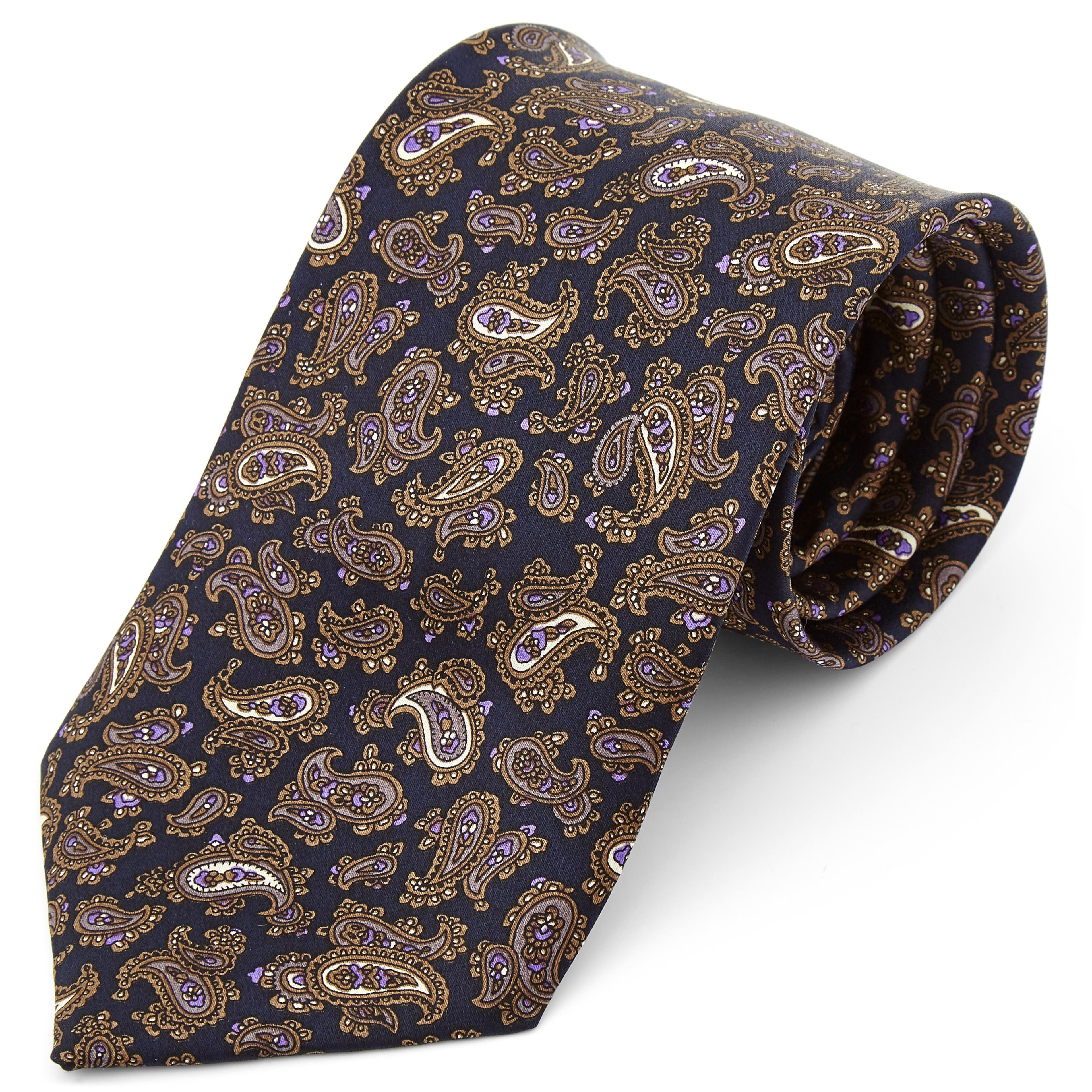
Brown & Purple Paisley Silk Wide Tie

SGD 64.90
SGD 57.76
Tailor Toki
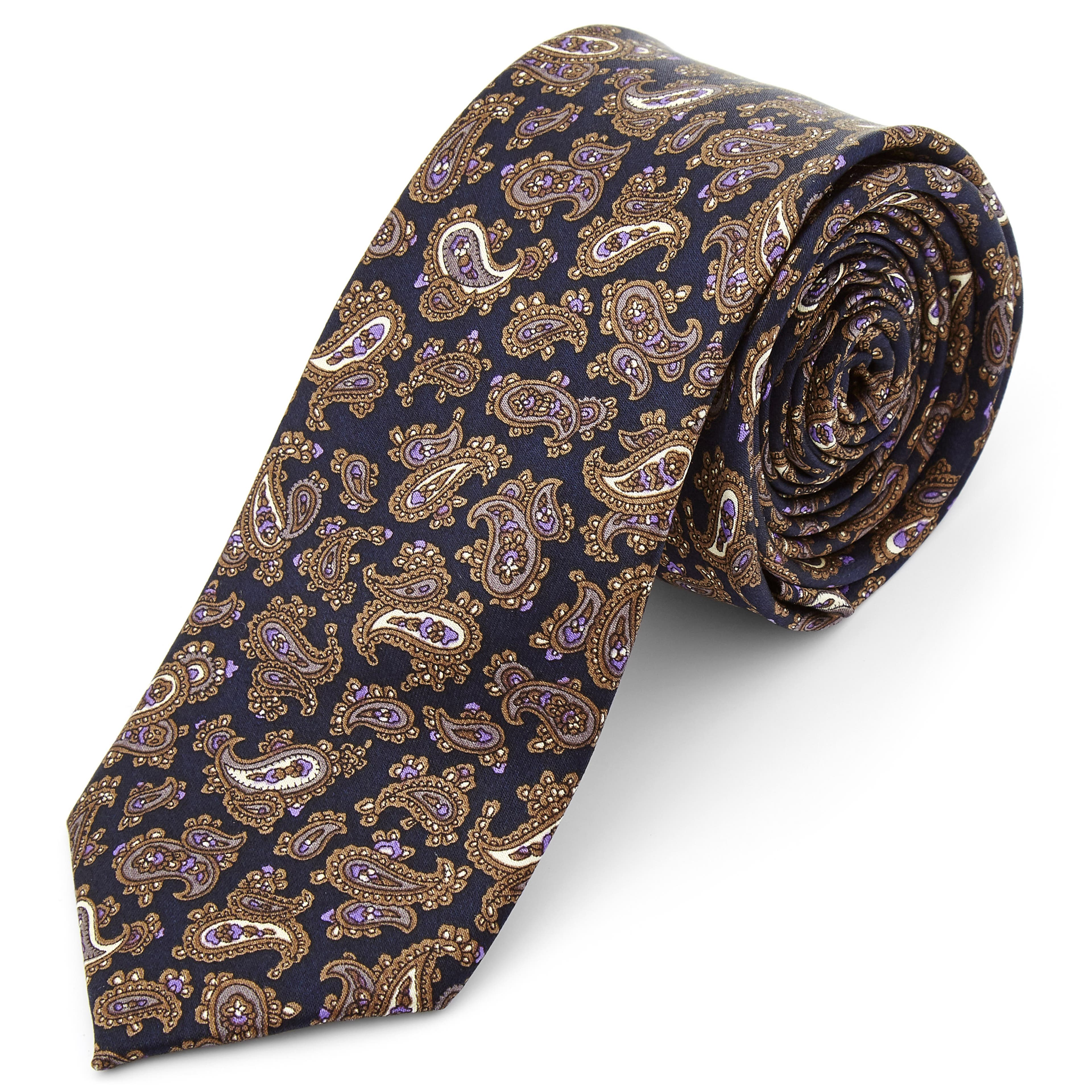
Brown & Purple Paisley Silk Tie

SGD 59.90
SGD 53.31
Tailor Toki
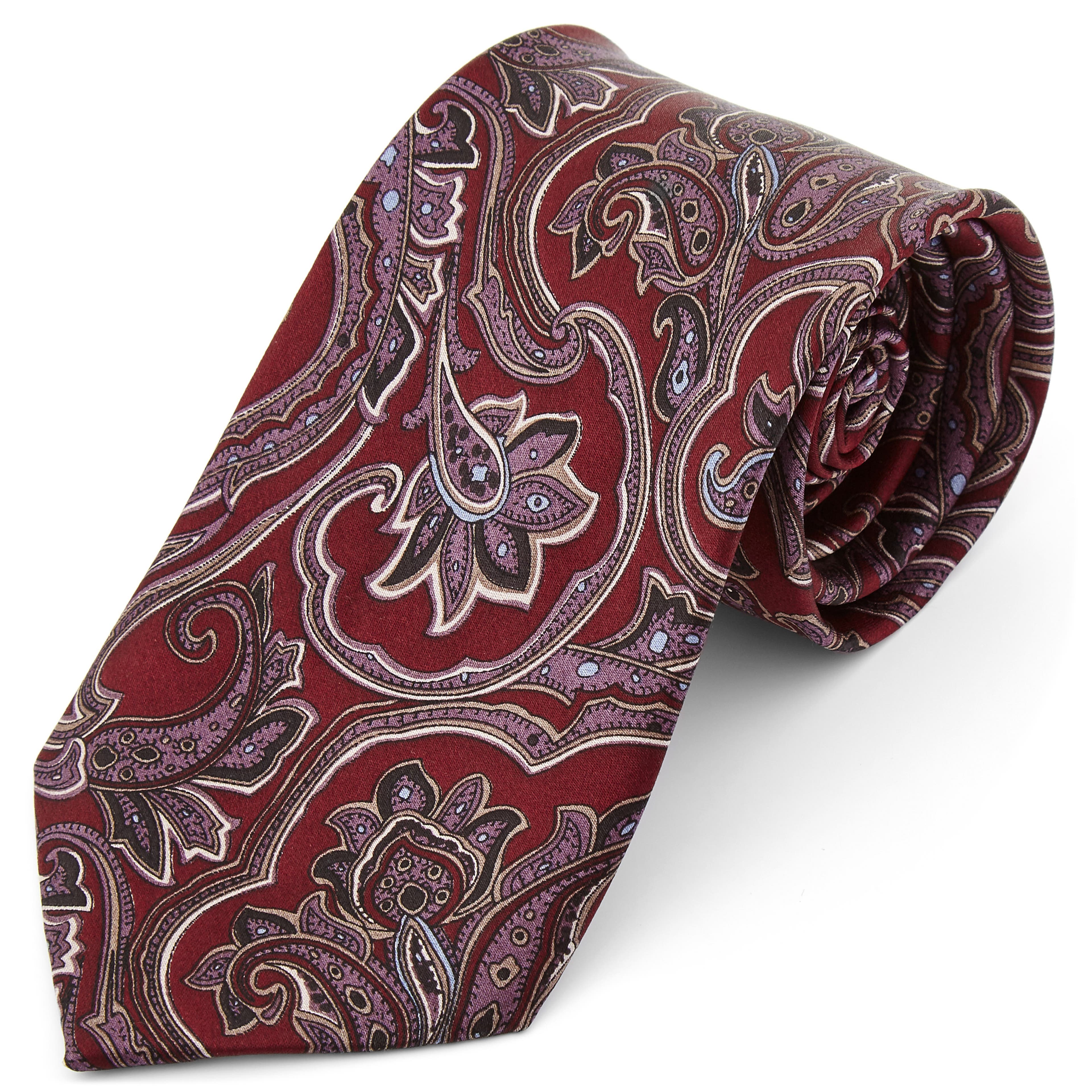
Red & Lavender Baroque Silk Wide Tie

SGD 64.90
SGD 57.76
Tailor Toki
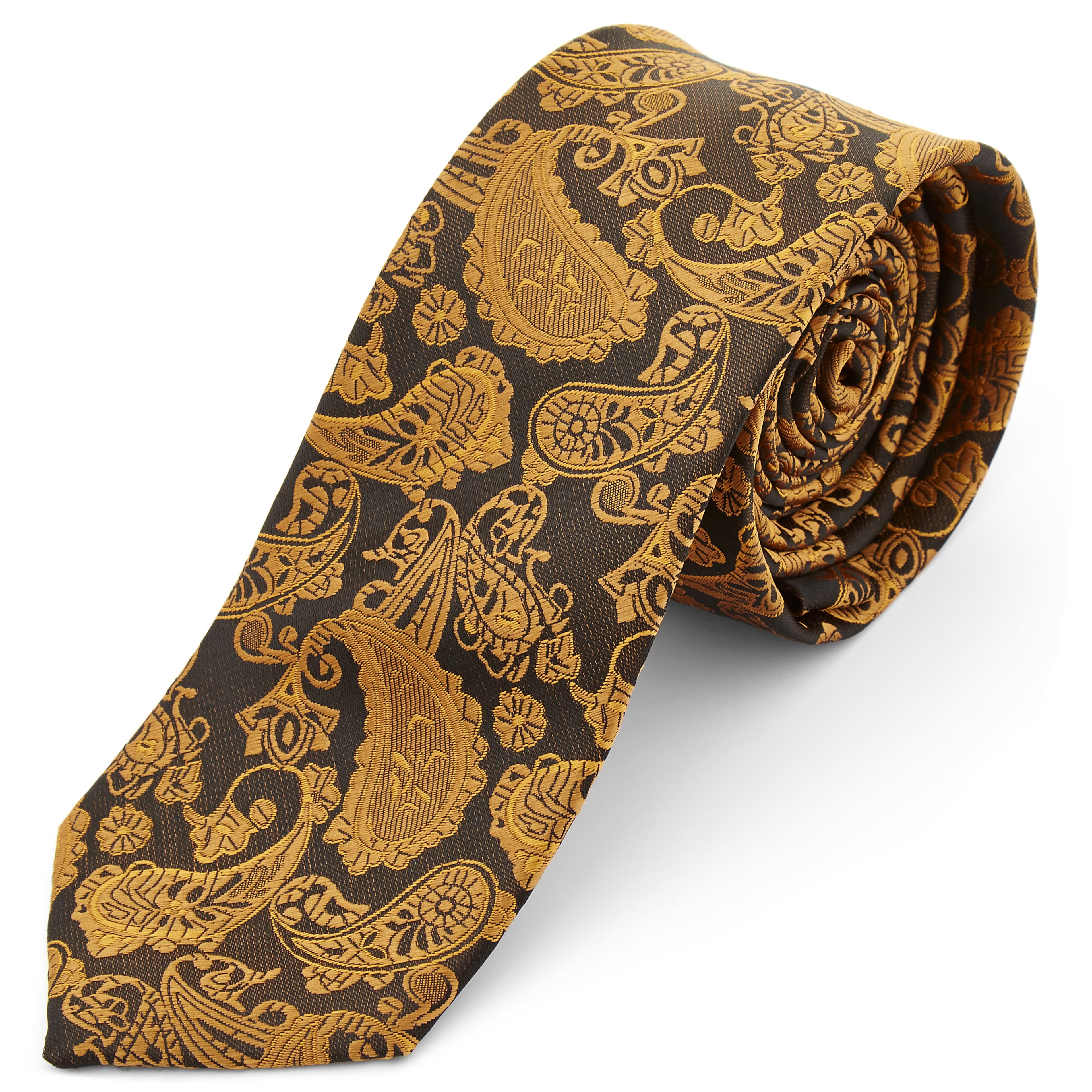
Gold & Brown Paisley Polyester Tie

SGD 44.90
SGD 39.96
Tailor Toki
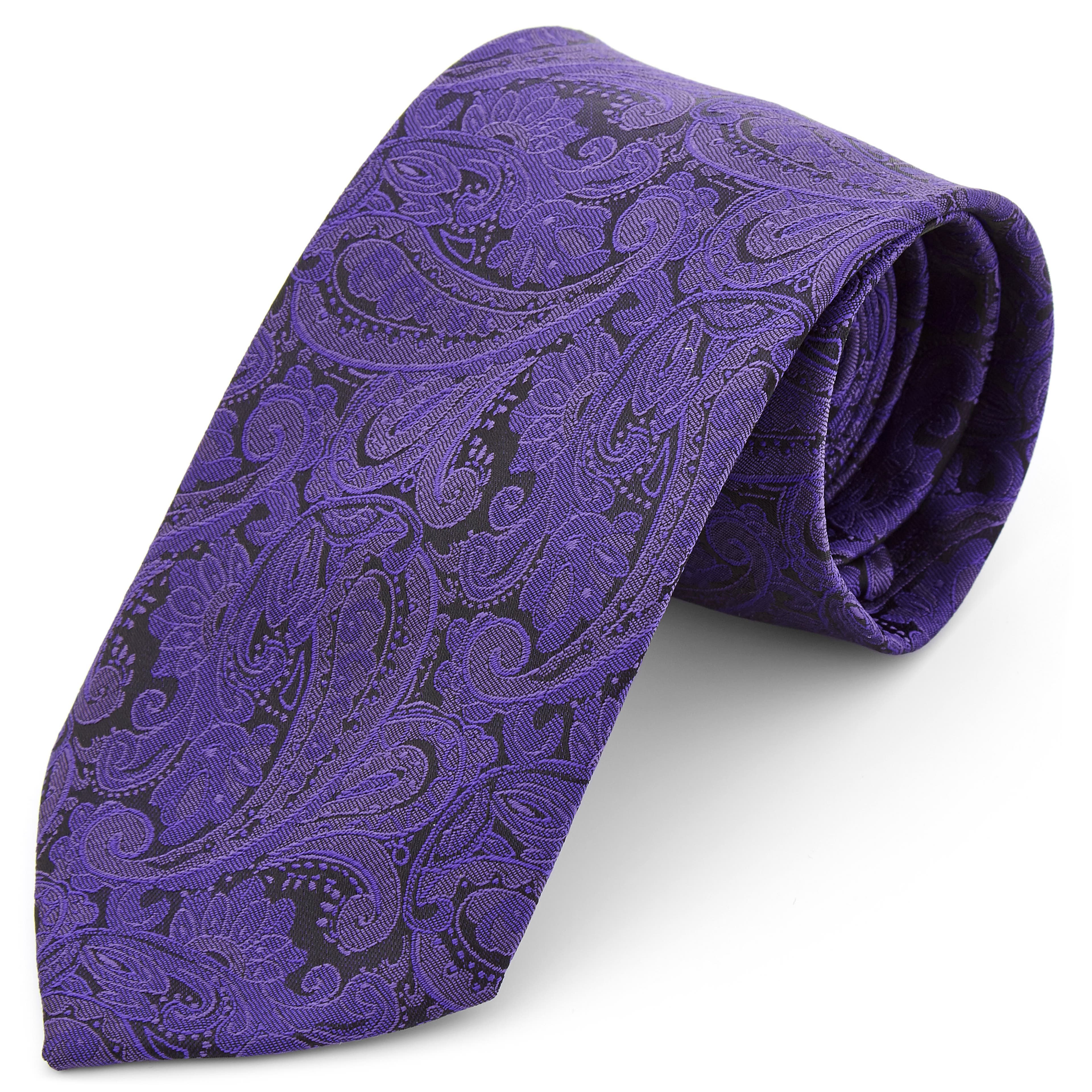
Dark Purple Paisley Polyester Wide Tie

SGD 49.90
SGD 44.41
Tailor Toki
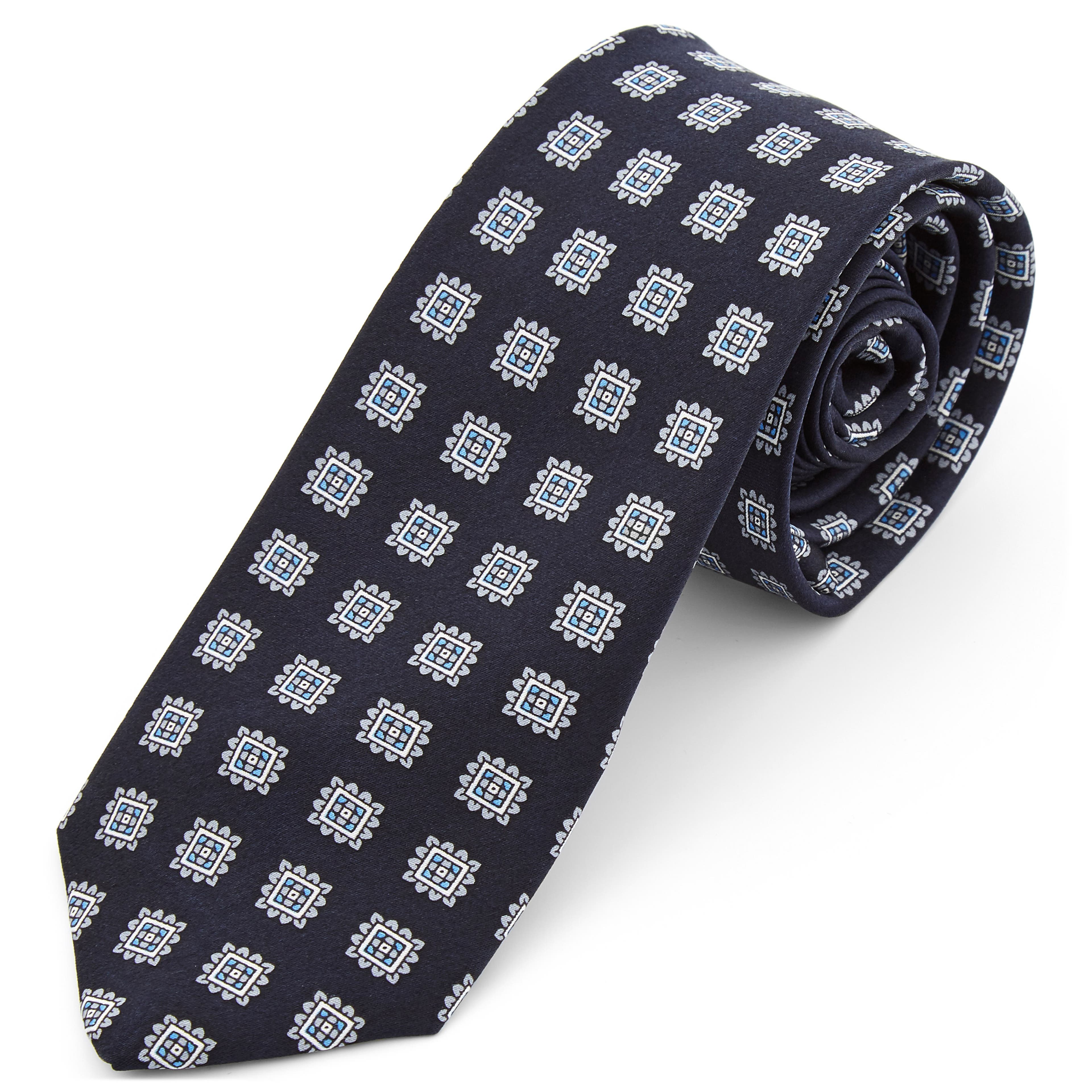
Navy Geometric Silk Tie

SGD 59.90
SGD 53.31
Tailor Toki
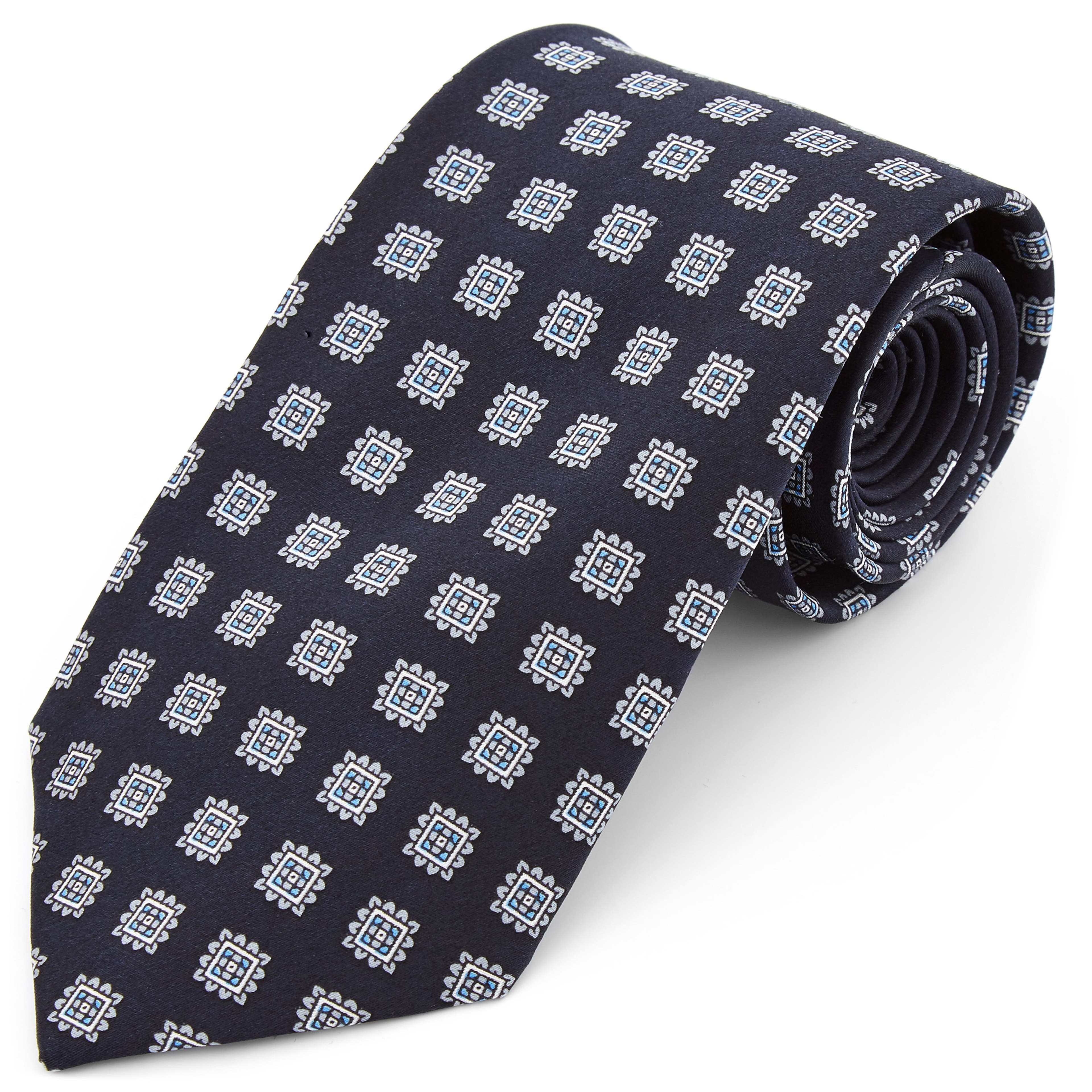
Navy Geometric Silk Wide Tie

SGD 64.90
SGD 57.76
Tailor Toki
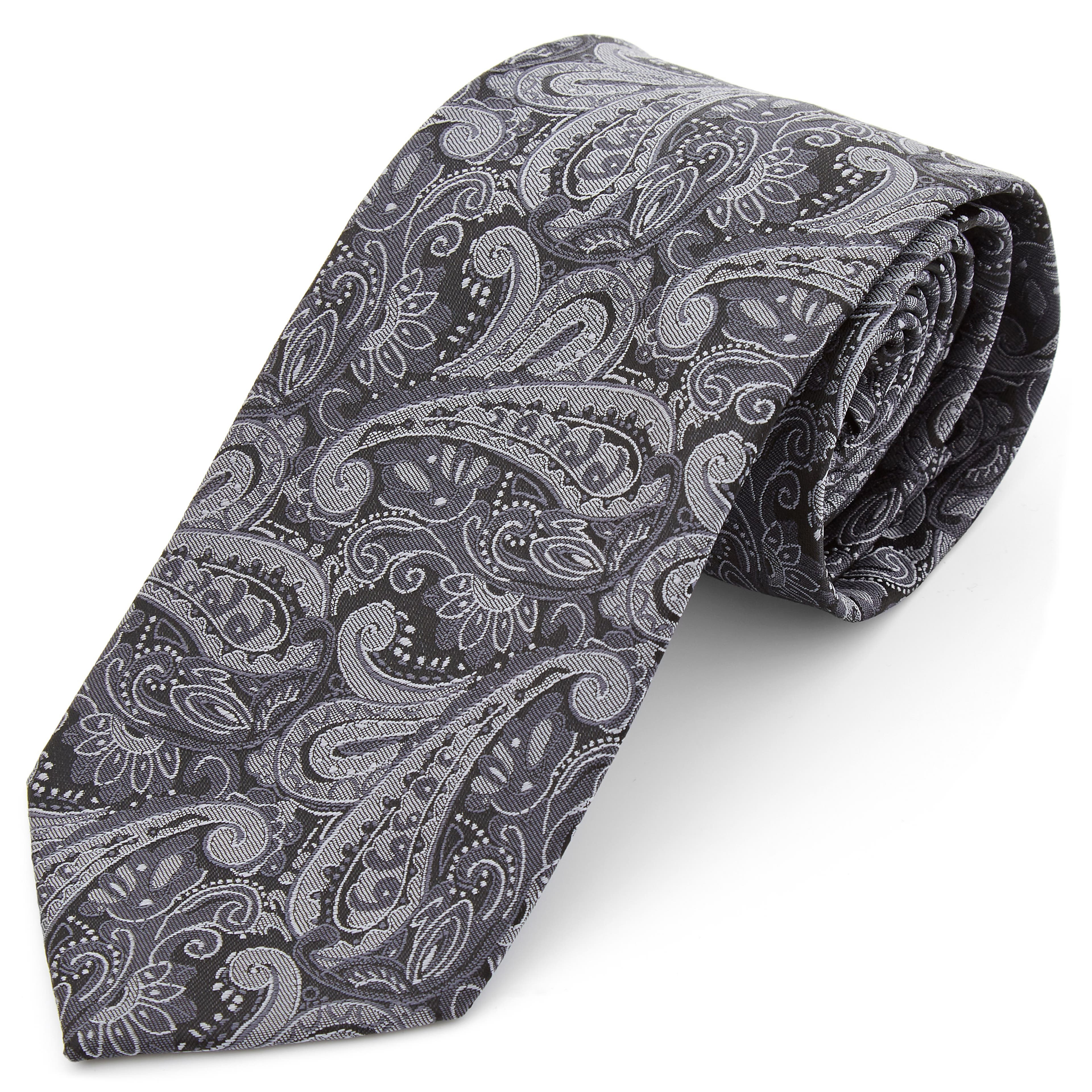
Silver Grey Paisley Polyester Wide Tie

SGD 49.90
SGD 44.41
Tailor Toki
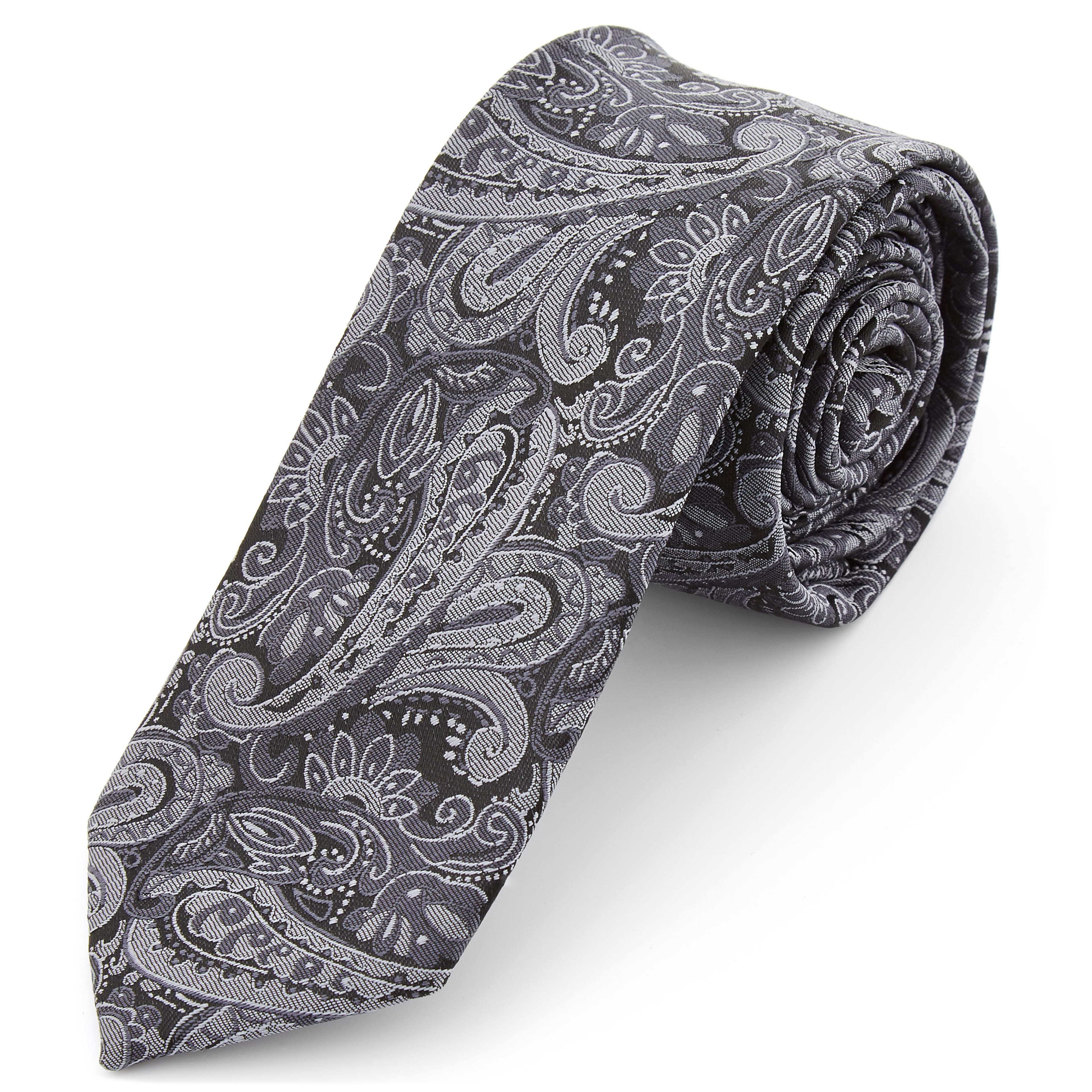
Silver Grey Paisley Polyester Tie

SGD 44.90
SGD 39.96
Tailor Toki
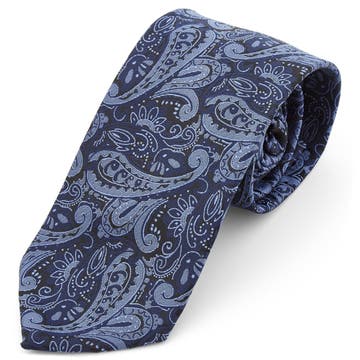
Navy & Blue Paisley Polyester Wide Tie

SGD 49.90
SGD 44.41
Tailor Toki
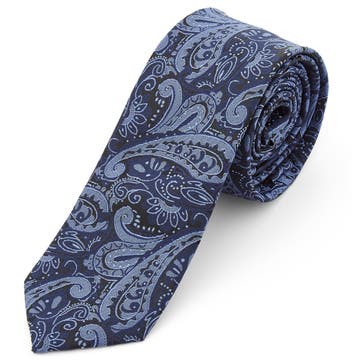
Navy & Blue Paisley Polyester Tie

SGD 44.90
SGD 39.96
Tailor Toki
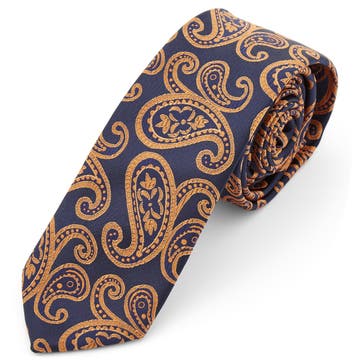
Navy & Orange Paisley Polyester Tie

SGD 44.90
SGD 39.96
Tailor Toki
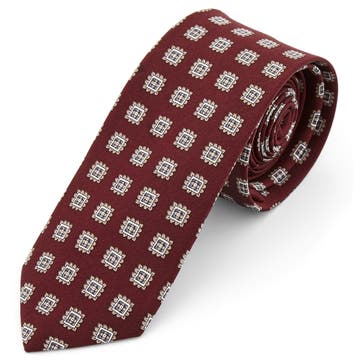
Burgundy Geometric Silk Tie

SGD 59.90
SGD 53.31
Tailor Toki
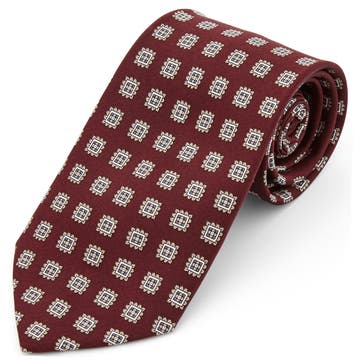
Burgundy Geometric Silk Wide Tie

SGD 64.90
SGD 57.76
Tailor Toki
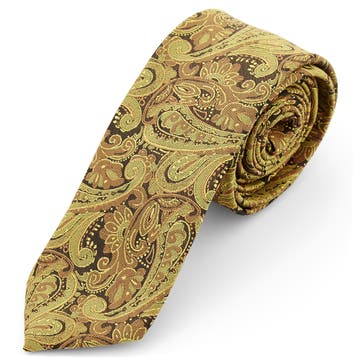
Golden Paisley Polyester Tie

SGD 44.90
SGD 39.96
Tailor Toki

Golden Paisley Polyester Wide Tie

SGD 49.90
SGD 44.41
Tailor Toki
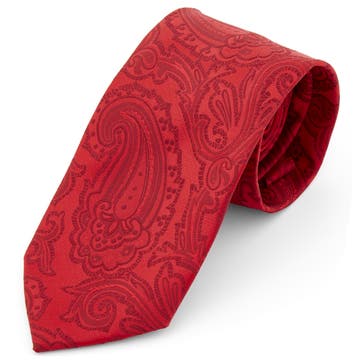
Vintage Red Paisley Polyester Wide Tie

SGD 49.90
SGD 44.41
Tailor Toki
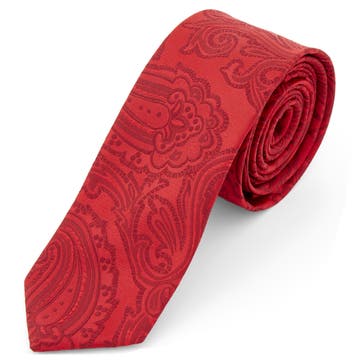
Vintage Red Paisley Polyester Tie

SGD 44.90
SGD 39.96
Tailor Toki
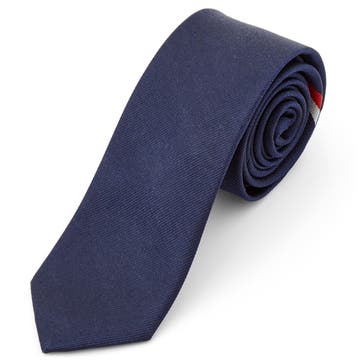
The Navy Tie

SGD 54.90
SGD 48.86
Sidegren
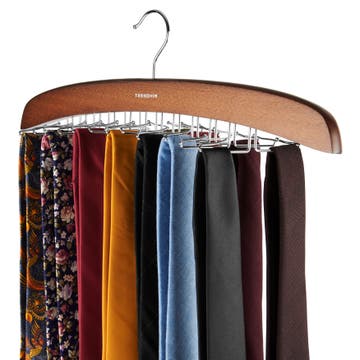
Wooden Tie Hanger

SGD 19.90
SGD 17.71
Trendhim
How to tie a tie
Need help getting it right? Check out our step-by-step guide on how to tie a tie and learn some of the most classic knots.
HOW FAR DOWN SHOULD A PROPER TIE HANG?
Throughout history, ties have been worn at different lengths, dictated directly by the edicts of each era's prevailing fashion. Today's sweet spot is just at the top of or half way down the belt.
.jpg?format=pjpg&auto=webp&quality=75%2C90&width=320)
GUIDE TO APPROPRIATE TIE WIDTH
Many men mistakenly believe that the modern look is narrow or semi-narrow ties, but there is a rule of thumb that dictates the width of your tie at its widest, should be the same as the width of your jacket's lapel. Please refer to the illustration below.
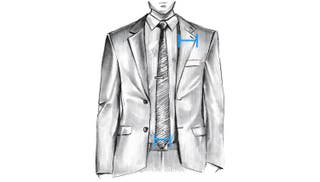
NECKTIES IN VARIOUS MATERIALS
Beyond the actual appearance of the ties, there are other matters to consider when making your selections. We have tried to make your choices more manageable by discussing the characteristics of the various materials that our ties are made from.
SILK TIES
Pros:
Silk is a soft lustrous fibre produced by silk worms. This natural material makes the tie drape perfectly where it hangs.
Silk ties have unique colourations and wonderful light reflections.
Silk ties can be ironed but at the lowest heat setting only.
Cons:
In comparison, silk ties are more expensive than other materials.
Silk is less resistant to water and stains.
It is wiser to store silk ties in a rolled up coil than on a tie rack.
POLYESTER TIES
Pros:
Polyester is resistant to both water and stains.
Very resistant to curling up.
Polyester ties are less fragile than silk and hold there colours well over their lifetimes.
Much less expensive, costing as little as half of what you would pay for a silk tie.
Cons:
Polyester does not breathe, unlike natural materials do, so on hot summer days you can get a damp and sticky feeling around your neck.
Polyester does absorb odours such as those of smoke and sweat.
Polyester does not wrinkle which is a good thing because that synthetic material absolutely abhors heat sources, especially from an iron.
COTTON TIES
Pros:
Natural cotton is a material that breathes well so that it is suitable for anytime of year.
Fleecy cotton material.
Cons:
Can easily lose its shape and curl upward.
FLAX FIBRE TIES
Pros:
Flax is a fluffy material that even a small breeze will ruffle.
This fibre also breathes so it is ideal for summer ties.
Cons:
Flax is a relatively strong material but is likely to curl more easily.
WOOLEN TIES
Pros:
Either woven or knitted, wool ties drape very well.
Cons:
Somewhat resistant to moisture.
There are many qualities of wool available but the higher ends, such as cashmere wool, can be a little pricey.
Because of their natural warming properties they are more appropriate for the cooler times of the year.
